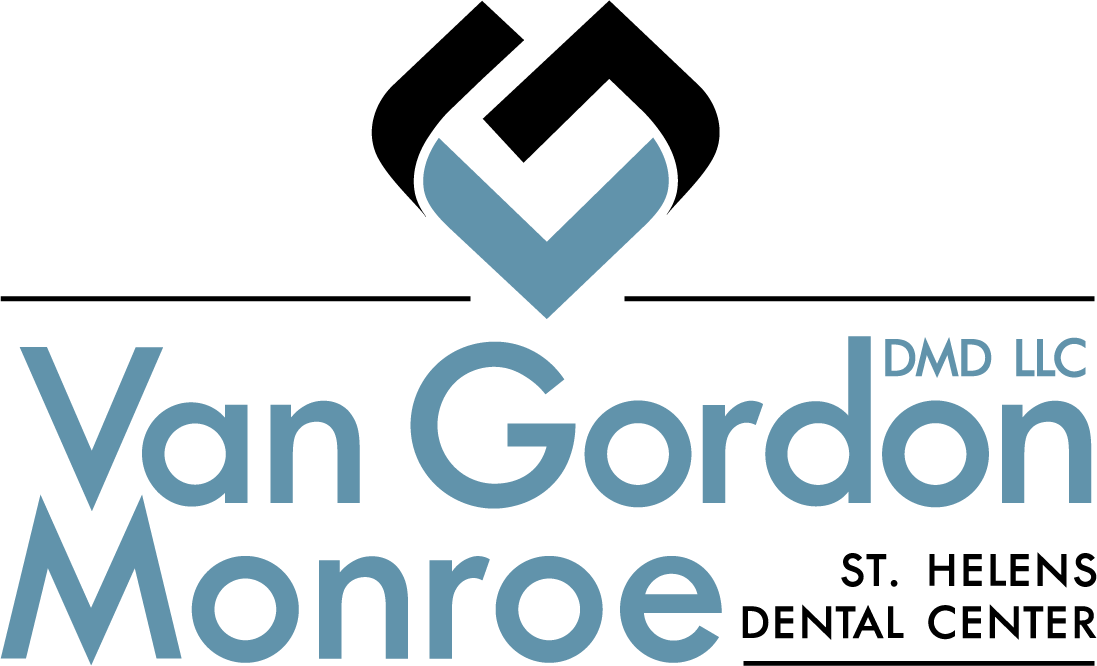It is critical that we get the deepest, most restful sleep possible to live a happy and healthy life.
Sleep has these four main stages:
- Stage 1 – Transition Sleep: This is the dozing off stage where the body isn’t fully relaxed yet. It accounts for about 5% of total sleep time.
- Stage 2 – Light Sleep: During this stage, which accounts for about 45% of total sleep time, heart rate, breathing, and brain activity slows, muscles begin to relax, and body temperature drops.
- Stage 3 – Deep Sleep: Known as restorative sleep where healing and reparative functions take place including bolstering of the immune system, stage 3 accounts for about 25% of total sleep time.
- Stage 4 – Rapid Eye Movement (REM) Sleep: REM sleep is believed to be essential to cognitive functions like memory, learning, and creativity. This stage, which accounts for about 25% of total sleep time, is where most vivid dreaming takes place and most brain activity is present. Muscles are in a state of temporary paralysis except for the eyes and muscles that control breathing. People with an insufficient amount of REM sleep tend to be mentally tired and lack concentration.
